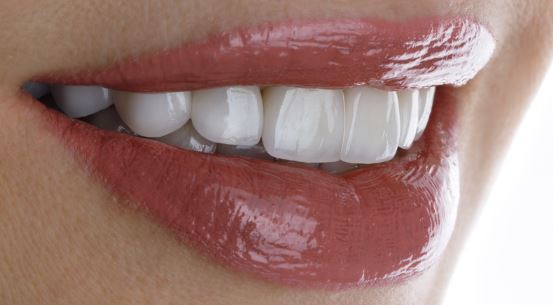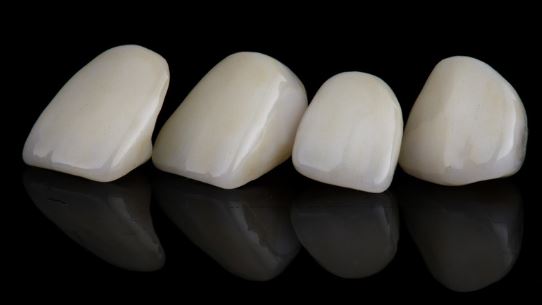What are the Risks of Porcelain Dental Veneers in Turkey?
Porcelain teeth treatments, such as porcelain veneers and crowns, are generally safe and have minimal side effects. However, there are a few potential side effects and considerations to be aware of:

- Some individuals may experience temporary tooth sensitivity after getting porcelain veneers or crowns. This sensitivity is usually mild and should subside within a few days to a week. Using desensitizing toothpaste or over-the-counter pain relievers can help manage this sensitivity.
- The placement of veneers or crowns may cause temporary gum irritation or inflammation around the treated teeth. This can be managed by practicing good oral hygiene and maintaining proper oral care.
- Although rare, some individuals may have allergies or sensitivities to the materials used in porcelain restorations. It's important to inform your dentist about any known allergies or sensitivities to ensure appropriate materials are used.
- To accommodate the thickness of the veneers or crowns, a thin layer of enamel is removed from the teeth. This process is irreversible, meaning the tooth will always require a restoration to protect it. However, modern techniques aim to preserve as much tooth structure as possible.
- While efforts are made to match the color of the porcelain restorations to your natural teeth, it's important to note that porcelain materials may not be as responsive to teeth whitening procedures. If you plan to undergo teeth whitening in the future, it's advisable to do it before getting porcelain restorations.
- Porcelain veneers and crowns are durable and can last for many years with proper care. However, they may require eventual replacement or repair due to normal wear and tear. Regular dental check-ups and maintenance, such as avoiding excessive force or pressure on the restorations, can help prolong their lifespan.
What is the success rate of porcelain veneers? in Turkey, Antalya

Porcelain veneers and crowns have a high success rate when performed by skilled and experienced dentists. The success of these procedures can be influenced by several factors, including the individual's oral health, proper treatment planning, precise tooth preparation, accurate fabrication of the restorations, and adherence to post-treatment care. While it is difficult to provide an exact success rate, studies and clinical observations indicate that the success rate of porcelain veneers and crowns is generally high. According to a systematic review published in the Journal of Dentistry, the survival rate of porcelain veneers ranged from 94.5% to 100% over a 5- to 10-year follow-up period. This suggests that the majority of patients experience successful outcomes and long-term satisfaction with their veneers. Similarly, porcelain crowns also have a high success rate. A study published in the Journal of Prosthodontics reported a success rate of 95.4% for porcelain-fused-to-metal crowns over a 10-year period. Advances in all-ceramic materials have further improved the success and aesthetics of porcelain crowns.
It's important to note that the success and longevity of porcelain veneers and crowns can vary among individuals due to factors such as oral hygiene practices, oral habits, and overall oral health. Proper maintenance, regular dental check-ups, and following your dentist's post-treatment instructions can significantly contribute to the long-term success of these restorations. During your consultation with a dentist, they can provide you with more specific information about the success rate of porcelain veneers and crowns based on their experience and expertise. They will also evaluate your individual case to determine if you are a suitable candidate for the treatment and discuss your expected outcomes.
If you have any questions you do not find here, please contact us.
